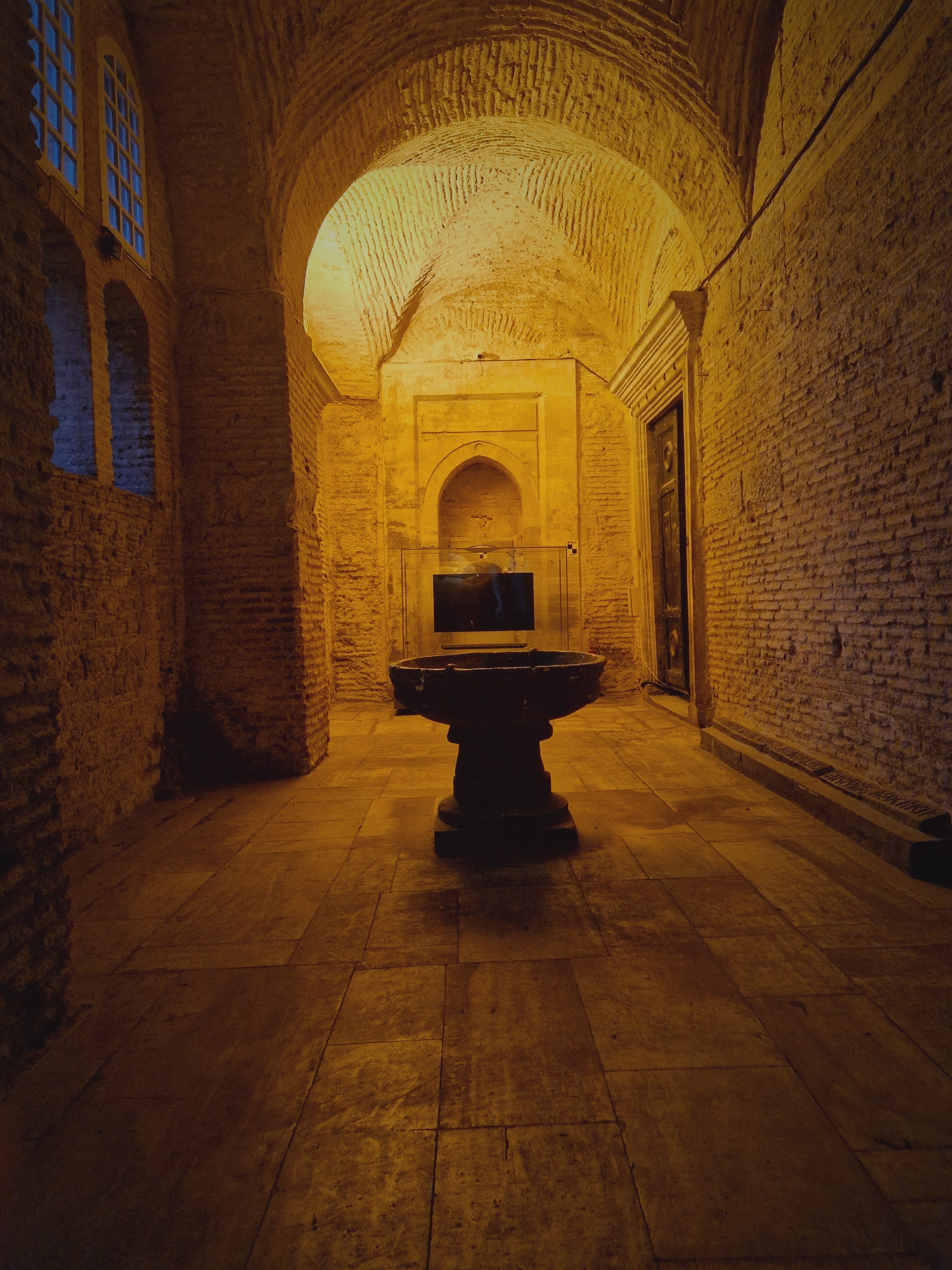an_engel_on_earth [he/him, they/them]
- 41 Posts
- 52 Comments

 27·5 days ago
27·5 days agoIm expecting no more than a rounding error, like under 1%, definitely under 2%

 37·5 days ago
37·5 days agoreal tough guy picking on an old lady

 9·9 days ago
9·9 days agoAnd just when I got over a canker sore like a month ago, which are truly the bane of my existence

 18·10 days ago
18·10 days agoYeah this is absolute copium. Back in 2020 there was a poll that had Trump up by 4 points, he ended up winning by 15.

 13·13 days ago
13·13 days agoOh yes for the seasoning I used kind of an all-purpose seasoning salt, it’s got dried carrot, spinach, parsnip, parsley. Don’t know where you live but it’s not fancy at all, I’m sure you can get a similar analog at your local grocery.
Yep tho the aquafaba is not my original idea, I got it off a website can’t remember which lol.

 25·13 days ago
25·13 days agoOkay so I fry on medium heat (I have a gas stove with nine settings, I set it at a four) half an onion bulb, diced with some tomato paste to create a flavor base. Let it fry for 10 mins, get a little browning going. For this one I added five cans of kidney beans at once. Let it fry for 5 mins, add some aquafaba from the cans, keep it frying for another 5 mins at medium, then like 10 mins at low (2 in my case). Then you keep going for another 10 mins and also start mashing, adding liquid if needed, I used a potato masher. I had rice cooking in the rice cooker at the same time and I wanted them both to be done at the same time so I may have overcooked the beans a little but they still came out rly good. For the rice I just cooked as you cook it in a rice cooker but just added some tomato paste for the color. And that’s pretty much it!

 17·13 days ago
17·13 days agour sweet


 16·13 days ago
16·13 days agoomg same! The only things that imprinted was that name and the safari club

 28·18 days ago
28·18 days agothey have a recognized german minority that lives in the border area

 9·28 days ago
9·28 days agoI feel yr pain, I made a post exactly like your comment a few months ago

 10·1 month ago
10·1 month agoupdate pls

 2·1 month ago
2·1 month agoIsn’t that just how the language works though? Like, it sounds unnatural to say certain nouns without adding “the” to the front
Well the “naturalness” argument feels a bit iffy to me, but in the context of a specific language community, over time, things stick I guess. Like why do germans (I rly should say germanophones since austrians and the swiss do exist) say “der Iran”, or “der Jemen”? Who came up with that? Now it probably feels natural to them, but it was never preordained.
Spanish does that too, it’s why Das Kapital is called El Capital in Spanish but just Capital in English.
Im sure someone more linguistically minded can give the real explanation but in regards to your Capital example, its a peculiar feature of English in relation to the other western european languages where certain abstract nouns are not used with their articles. Like for example in English you can say “Love wins”, but in German you cant say “Liebe gewinnt”, you say “Die Liebe gewinnt”.

 13·1 month ago
13·1 month agoalso its funny cuz nobody gets mad at the germans for saying “die Ukraine”. In fact theres a bunch of country names in german that get used with a definite article, like die Slowakei, die Turkei, die Schweiz.

 16·1 month ago
16·1 month agoshouldn’t this be reversed?

 7·1 month ago
7·1 month agoI feel bad for using so much water but I need my weekly bath for my mental health

 46·2 months ago
46·2 months agoWhile Tatyana endorsed the merger as a way to grow the Wildberries business, Vladislav came out publicly against the deal. Enlisting the help of Chechnya’s leader Ramzan Kadyrov, a close ally of President Vladimir Putin and Putin’s self-described “foot soldier,” Vladislav and Kadyrov released a video in which they accused Russ Outdoor of seizing Wildberries. In the same video, Kadyrov vowed to “return Tatyana to the family and protect a legitimate business.”
lol Russia is not a serious country

 2·3 months ago
2·3 months agofrom all the things passed down
from all the apples coming before
damn you now the song is stuck in my head again

 10·3 months ago
10·3 months agothe leftovers. rly good shit.











They’re still huffing copium that there are like 200,000 last minute Kamala votes in Pennsylvania lmao